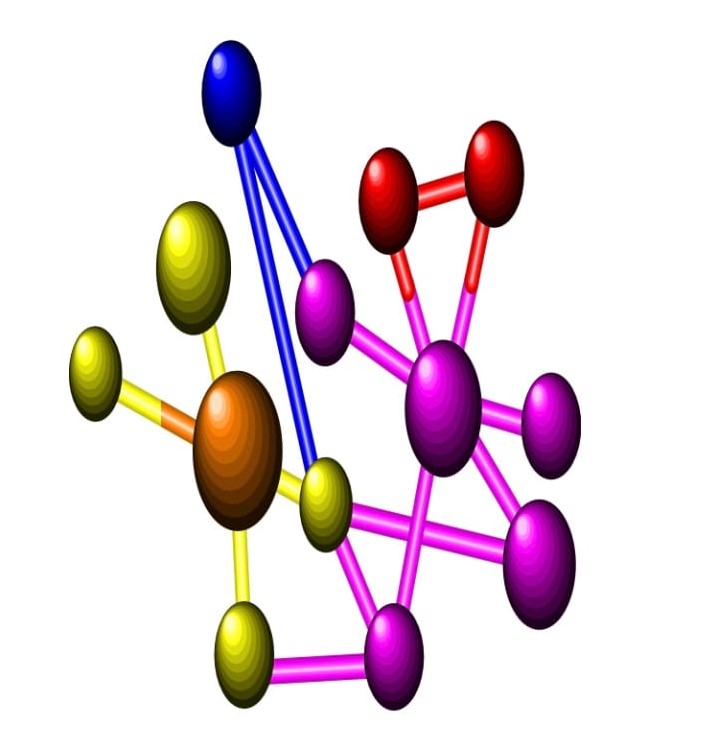Plastics
The majority of plastics consists of the elements carbon, chlorine, hydrogen, nitrogen, oxygen and sulphur and are thus part of the domain of organic chemicals.
Thermoplastics
Are high molecular weight polymers with molecules which are not chemically linked together and can be softened and shaped by heating and then hardened by cooling resulting in a substantially physical rather than chemical change. Nylon and PVC are examples of traditional thermoplastic coatings.
Thermosets
In contrast, are low molecular weight polymers that are chemically linked together. Once cross linked by heat, thermosets irreversibly remain solid up to their decomposition temperature and are thus not recyclable nor repairable. Thermoset powders are generally unstable in warmer climates and may gradually undergo cross linking even in stored packaging above 30c (86F). They can become partially cross linked in some powder spray coating processes or worse as large lumps in powder tank dip coating applications.
